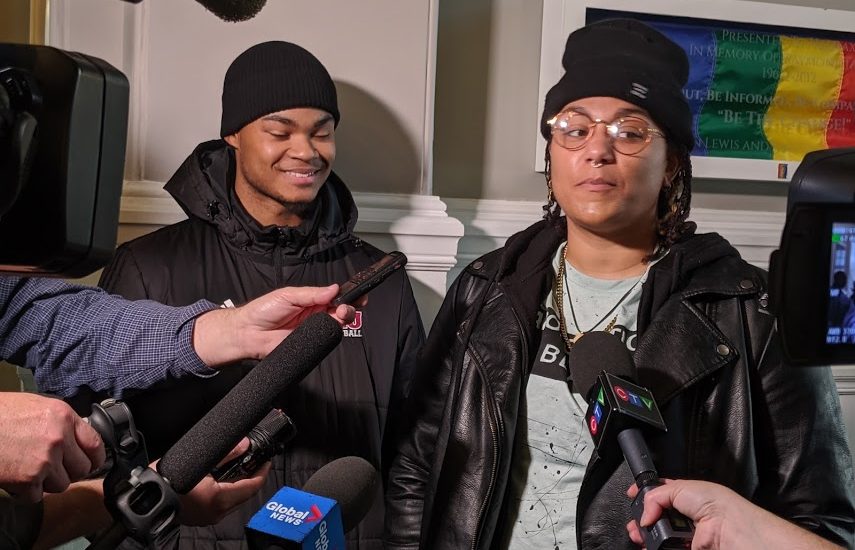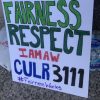
KJIPUKTUK (Halifax) – Maybe I am wrong, but after the province-wide ban on street checks and the announcement of an apology by Halifax Regional Police chief Kinsella at Mondays Board of Police Commissioners meeting there appears to be a sense that we turned the corner, and now we can stop paying attention.
This despite the fact that we continue to hear of youths being street checked despite the moratorium, and Minister Mark Furey initially arguing against a street check ban because “the practice will just go underground.”
Altogether, we need to temper the thought that now we’re out of the woods, said Connor Smithers-Mapp, a lawyer and anti-Black racism activist who attended the Board meeting.
“Black and other marginalized communities have complained about this for many decades. The first community meeting I attended about arbitrary stops and police interference with Black people was in 1979. This has been a longstanding issue. Many groups have complained about this. That it took so long and required a number of white men to affirm what the Black community was saying is patently insulting,” said Smithers-Mapp.
At the Board meeting Kinsella suggested that as part of the way forward the Black community needs to be educated about what is a legitimate stop.
For Kate MacDonald, who has been active in the Halifax anti-carding movement, that was a concern.
“There was a comment made about the need for a better understanding of policing in our community. That is not true, and I would like to challenge that. African Nova Scotians and indigenous people are very aware of how police interacts with us. It is not upon us, we have always understood that policing has been racist, and now we have the data to support it,” she said.
Smithers-Mapp agreed.
“The Chief inferred in his comments that the problem is the misunderstanding among the Black community of what is a legitimate stop. You don’t have to be a lawyer or a police officer to know whether you are being stopped legitimately. To imply that that’s the problem, and that it just takes education is insulting,” Smithers-Mapp said.
“We are dealing with systemic issues that require systemic responses. There is a system that is supporting individual police in doing these arbitrary actions, and that support has to be addressed. I have heard the former chief argue that the problem is only bad apples. I say we have a bad orchard.”
With a special thanks to our generous donors who make publication of the Nova Scotia Advocate possible.
Subscribe to the Nova Scotia Advocate weekly digest and never miss an article again. It’s free!




Street Checks
The abuse of Police Powers as it pertains to the brutality against African Nova Scotians is nothing new, and Street Checks is a part of the mis-guided privilege of power and control. The fact that street checks was only stopped when two or more Caucasians said it was wrong and illegal, when African Nova Scotians were stating this for decades is racist in and by itself and is only part or the worst racism Canada has to offer.
Raymond Sheppard